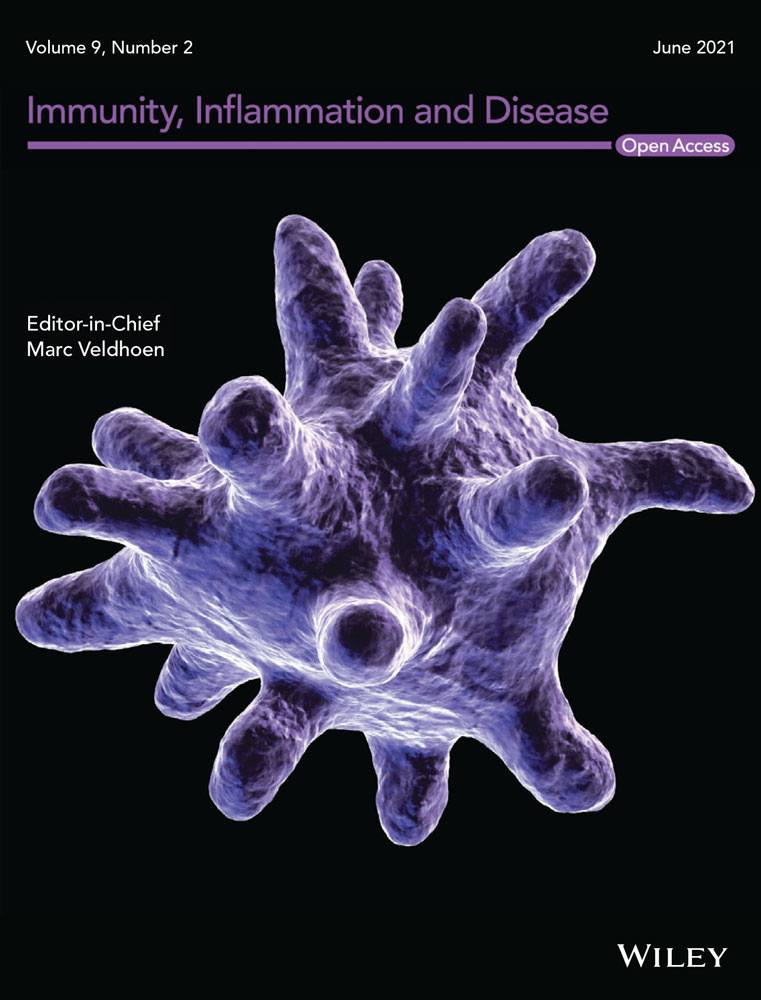Active vitamin D3 attenuates the severity of Salmonella colitis in mice by orchestrating innate immunity
Abstract
Introduction
Salmonella spp. pose major public health problems worldwide. A better understanding of the pathogenesis of these foodborne pathogens is a prerequisite for the design of improved intervention strategies that could reduce the use of antimicrobial agents and drug-resistant Salmonellosis. Accumulating evidence indicates that vitamin D is involved in regulating innate immunity, and may, therefore, play a key role in human responses to infection. Studies have suggested 1,25-dihydroxyvitamin D3 (1,25D3), the active form of vitamin D, effectively ameliorates colitis. These findings have broad implications for the use of vitamin D compounds in colitis. This study investigated the effect of active vitamin D3 on the severity of Salmonella colitis.
Methods
A Salmonella colitis model was established with 6–8-week-old male C57BL/6 mice: Streptomycin-pretreated C57BL/6 mice were infected orally with Salmonella enterica serova Typhimurium wild-type strain SL1344 for 48 h. The mice were randomly assigned to control, model, and 1,25(OH)2D3-treated groups. After the experiment, the mice were sacrificed, and intestinal, spleen, and liver tissue samples were removed to analyze bacterial colonization, western blot for protein levels, and real-time-polymer chain reaction for messenger RNA (mRNA) expression.
Results
We observed that 1,25D3 reduced the severity of Salmonella colitis in C57BL/6 mice by reducing cecal mIL-1beta, mIL-6, mTNF-alpha, and mIL-8 mRNA expressions, bacterial colonization (CFU/mg tissue) in the liver and spleen, but increased the human β-defensin-2 mRNA and autophagy protein expression, compared to those of the SL1344 infection only.
Conclusions
Our results document that active vitamin D3 reduced Salmonella colitis by decreasing inflammation, and bacterial translocation via induction of killing and autophagic clearance of pathogenic organisms.
CONFLICT OF INTERESTS
The authors declare that there are no conflict of interests.
Open Research
DATA AVAILABILITY STATEMENT
The data that support the findings of this study are available from the corresponding author upon reasonable request.




